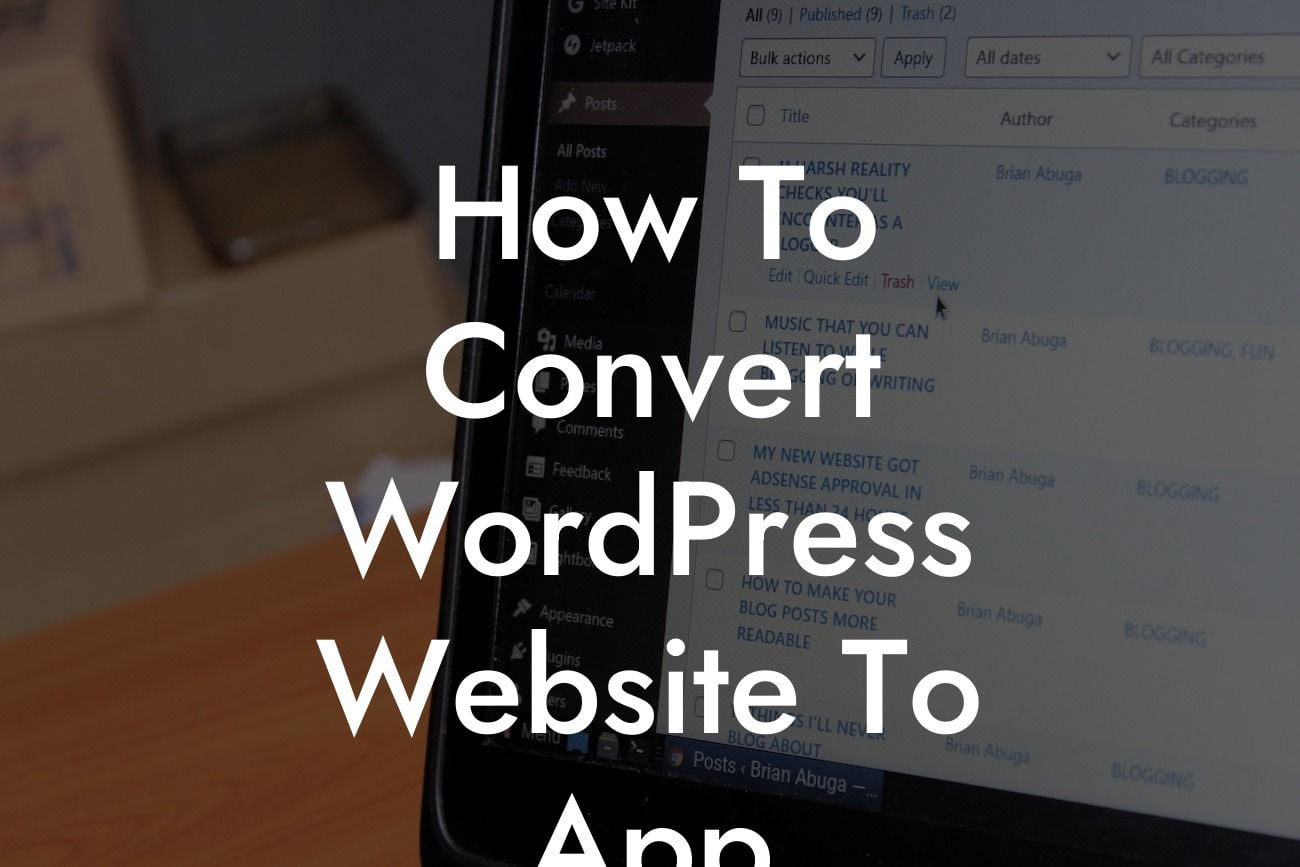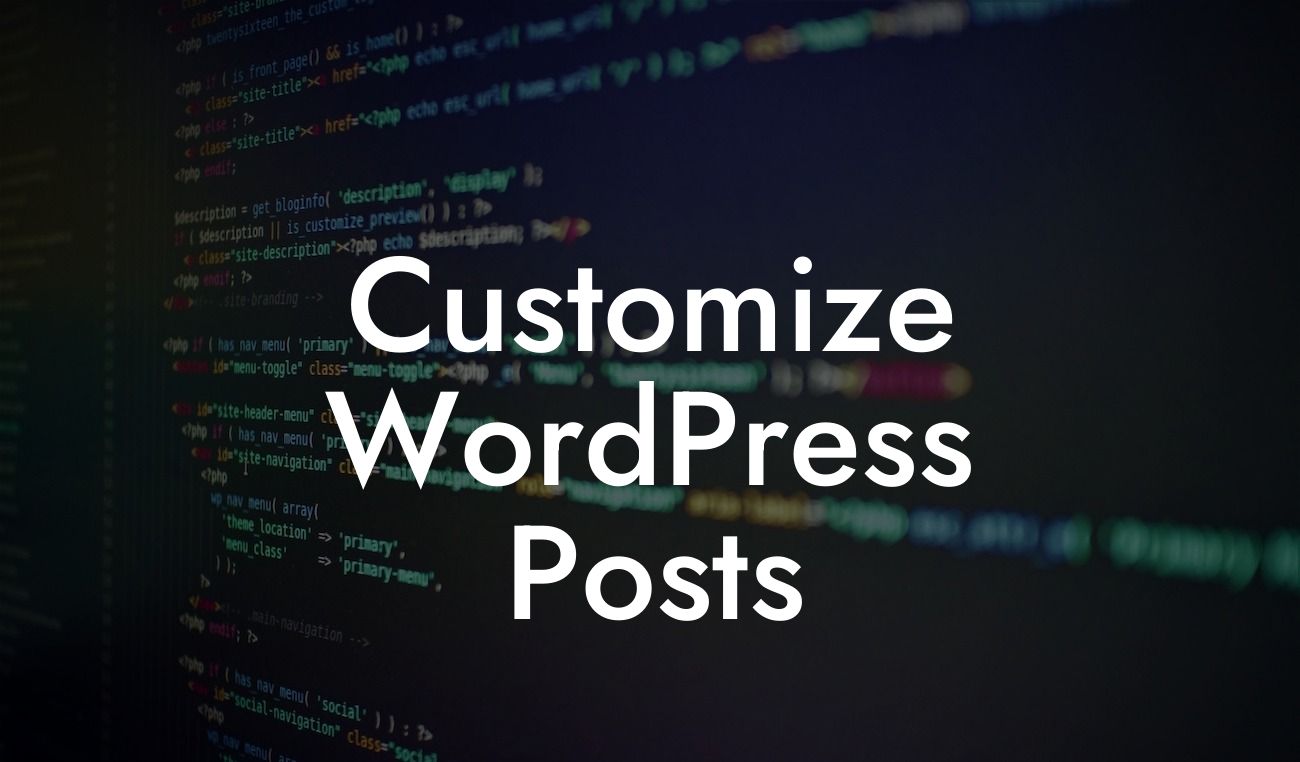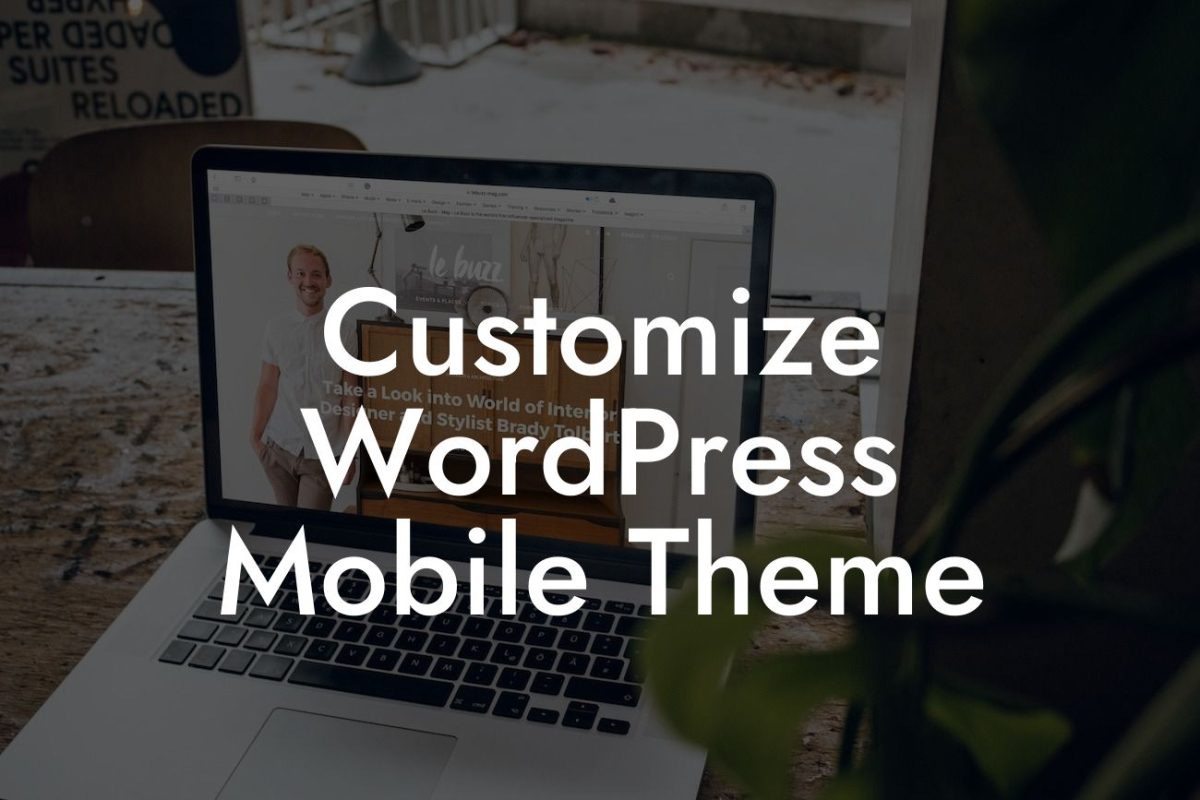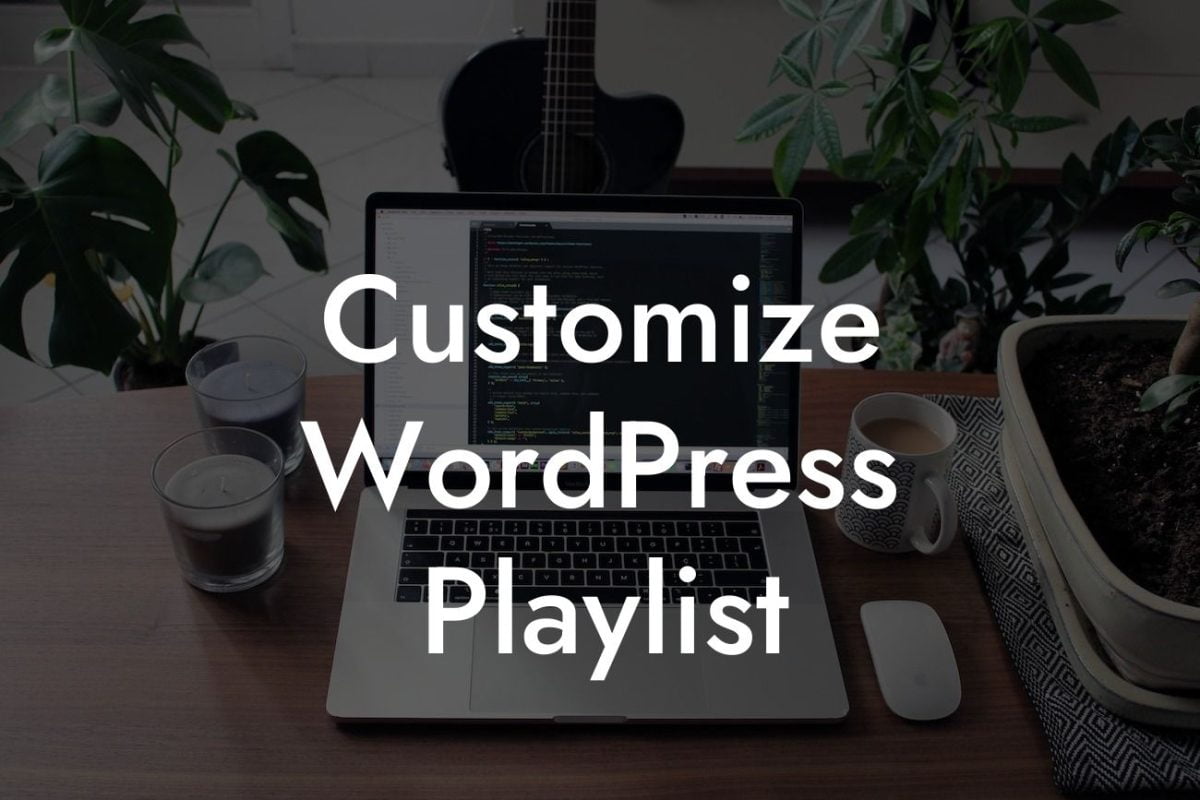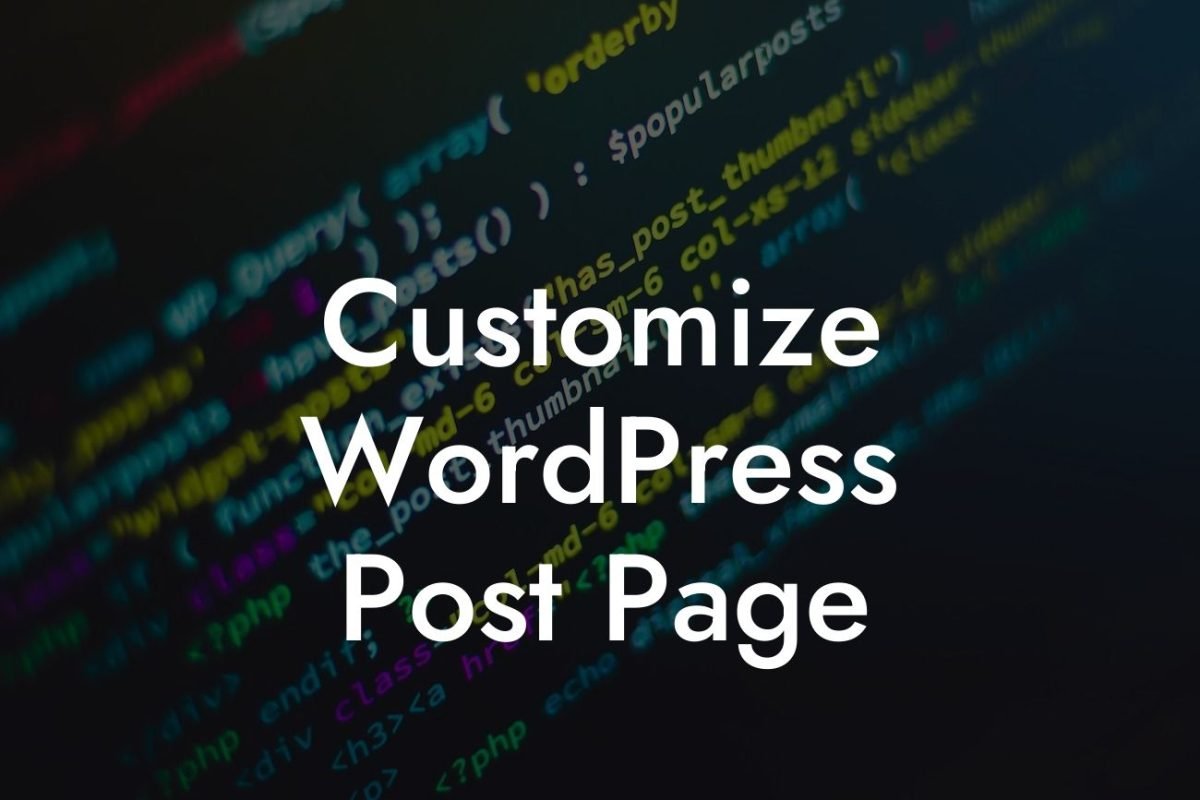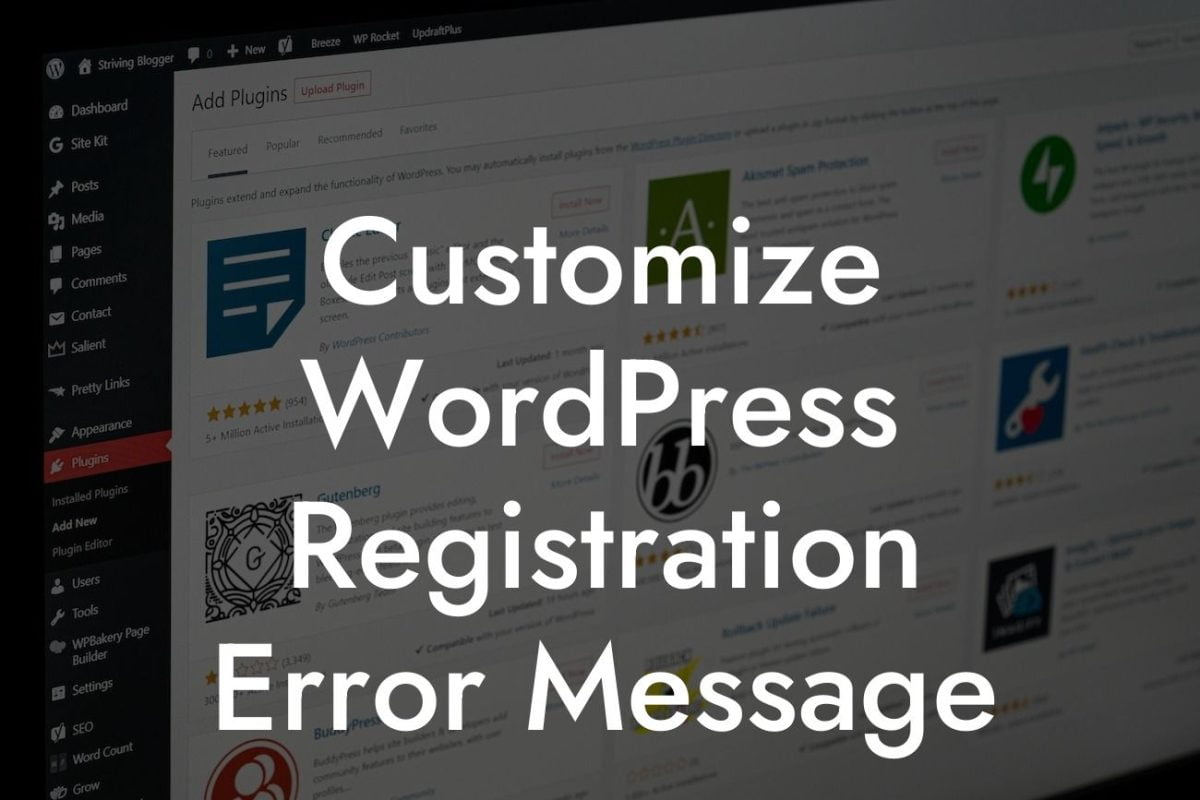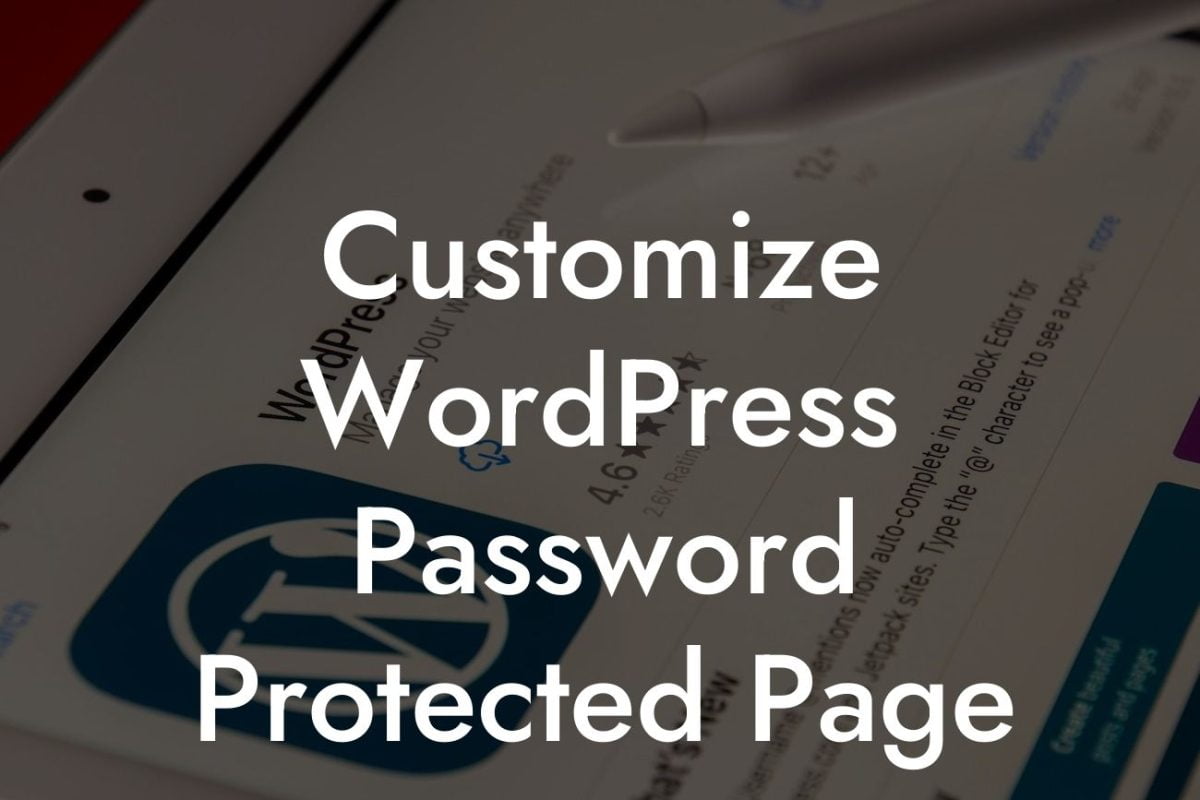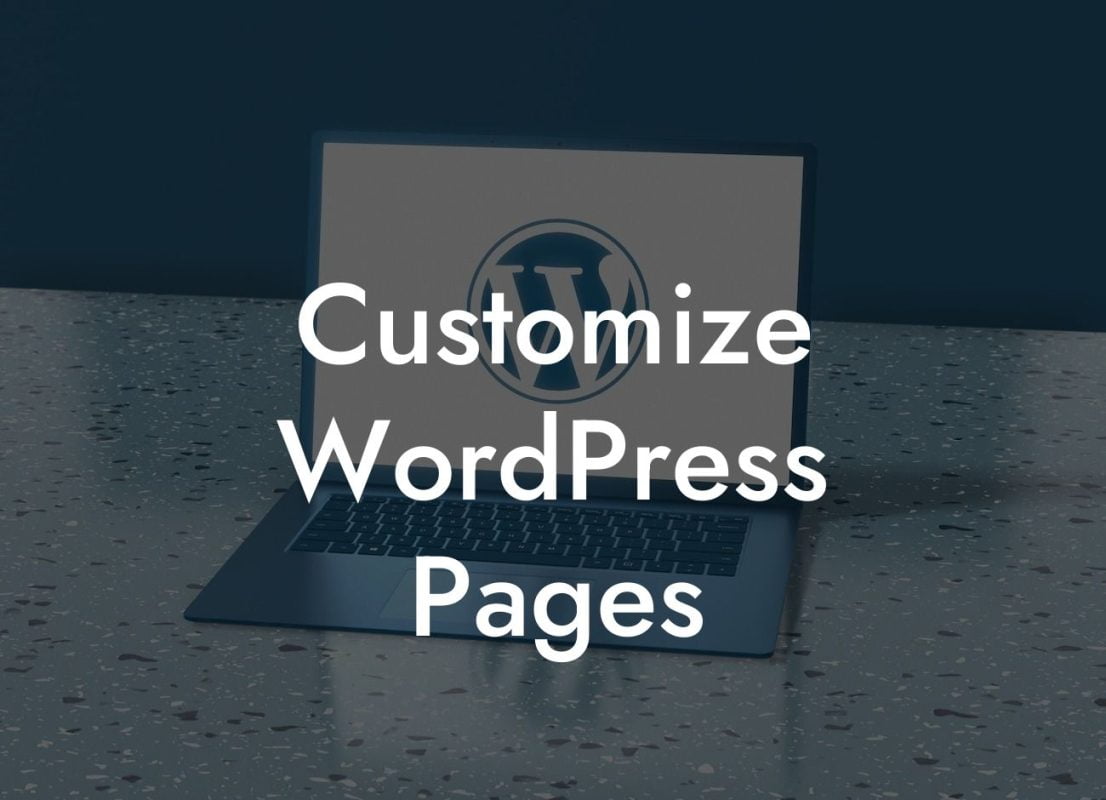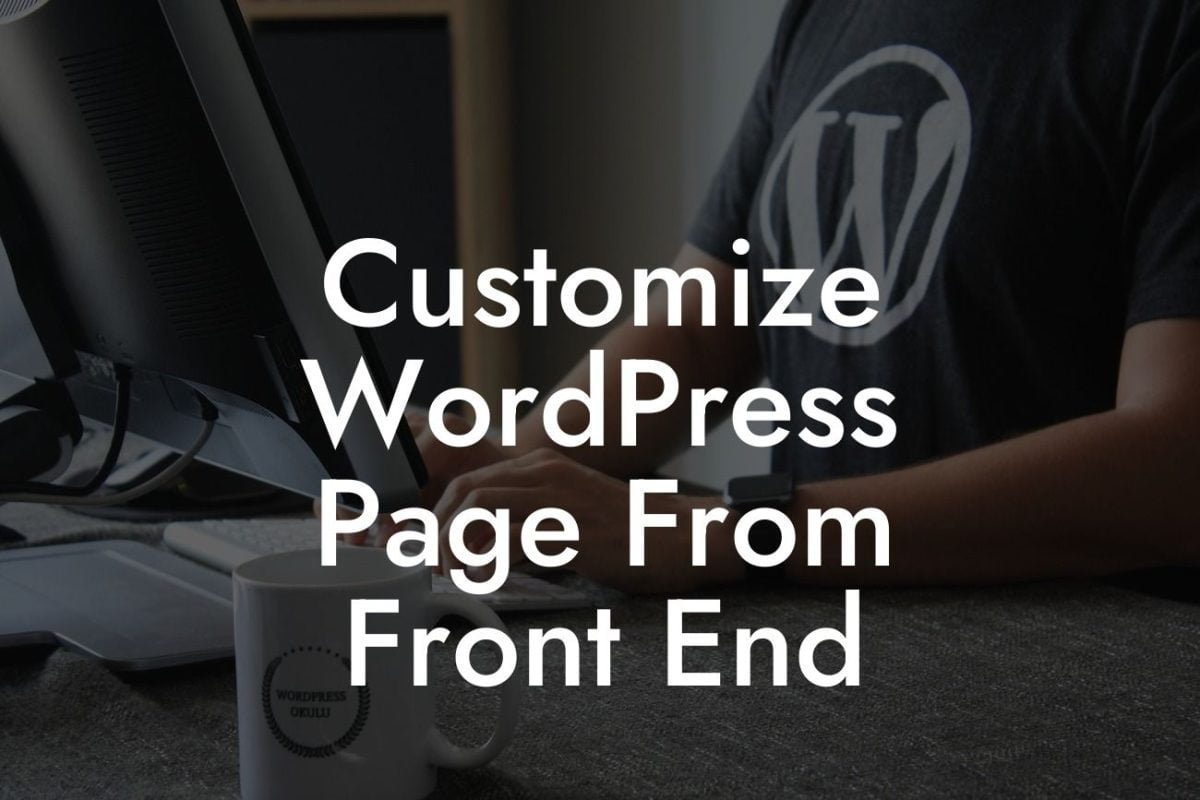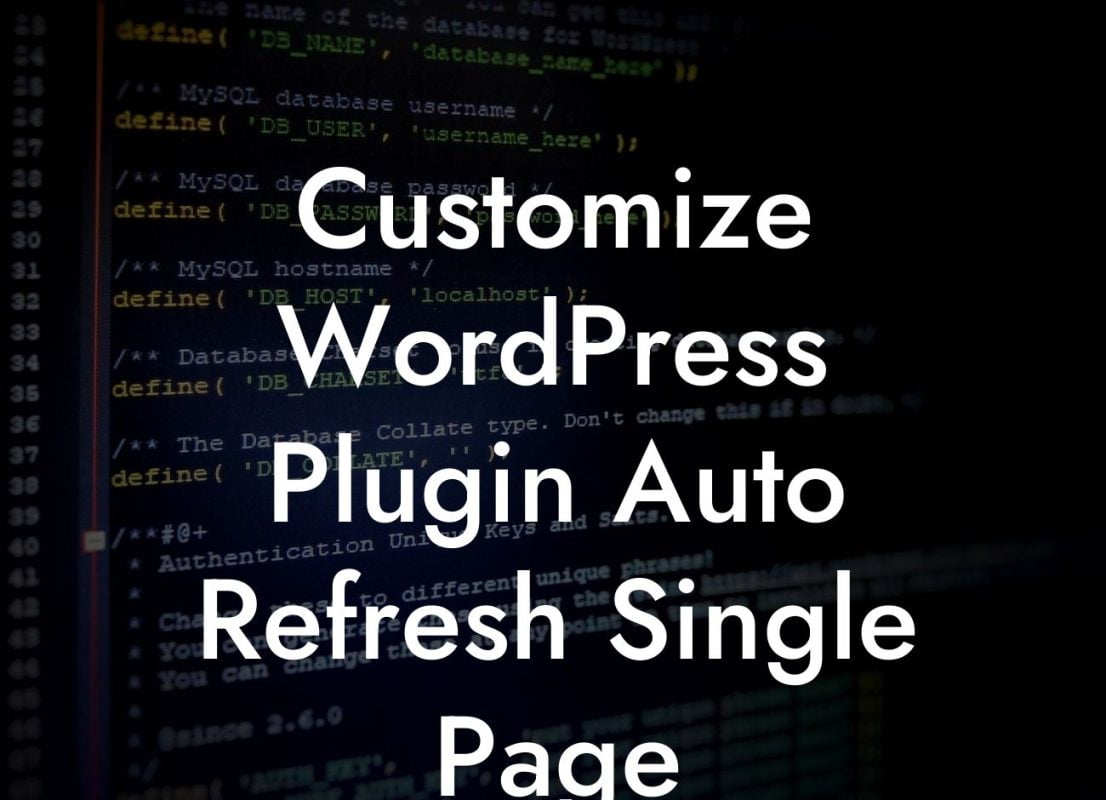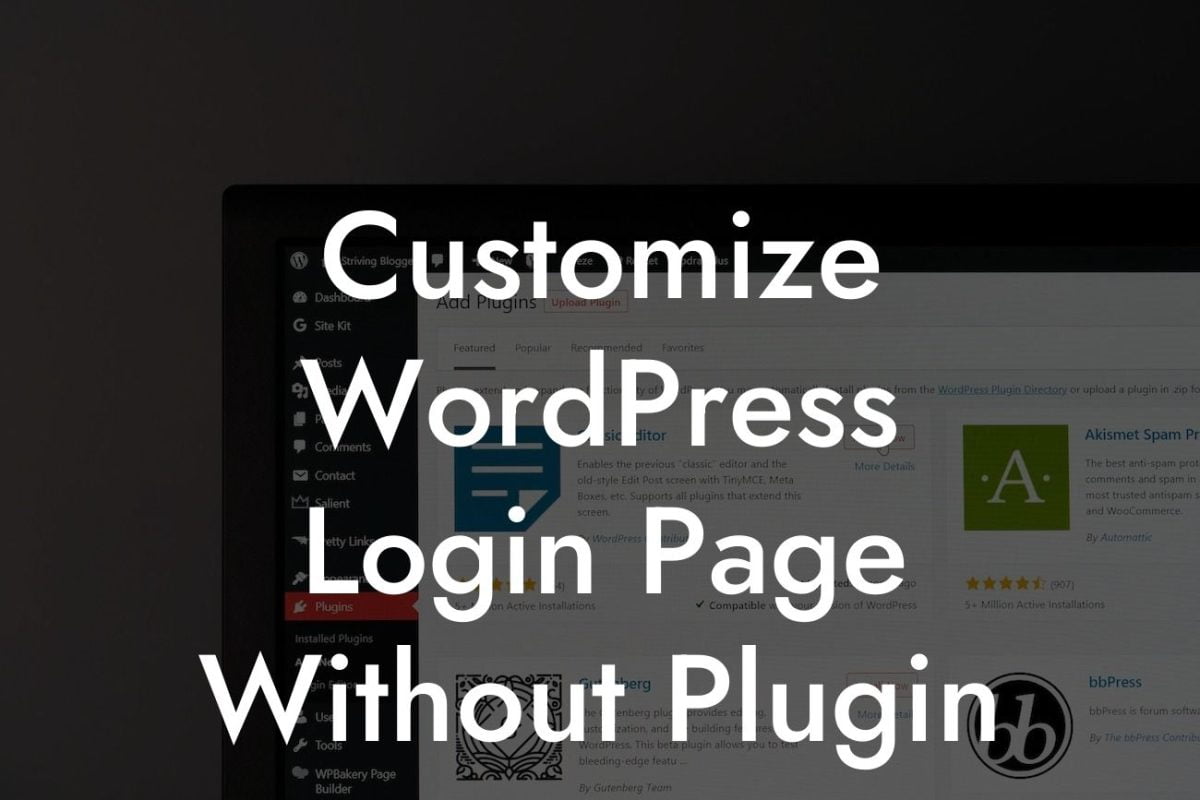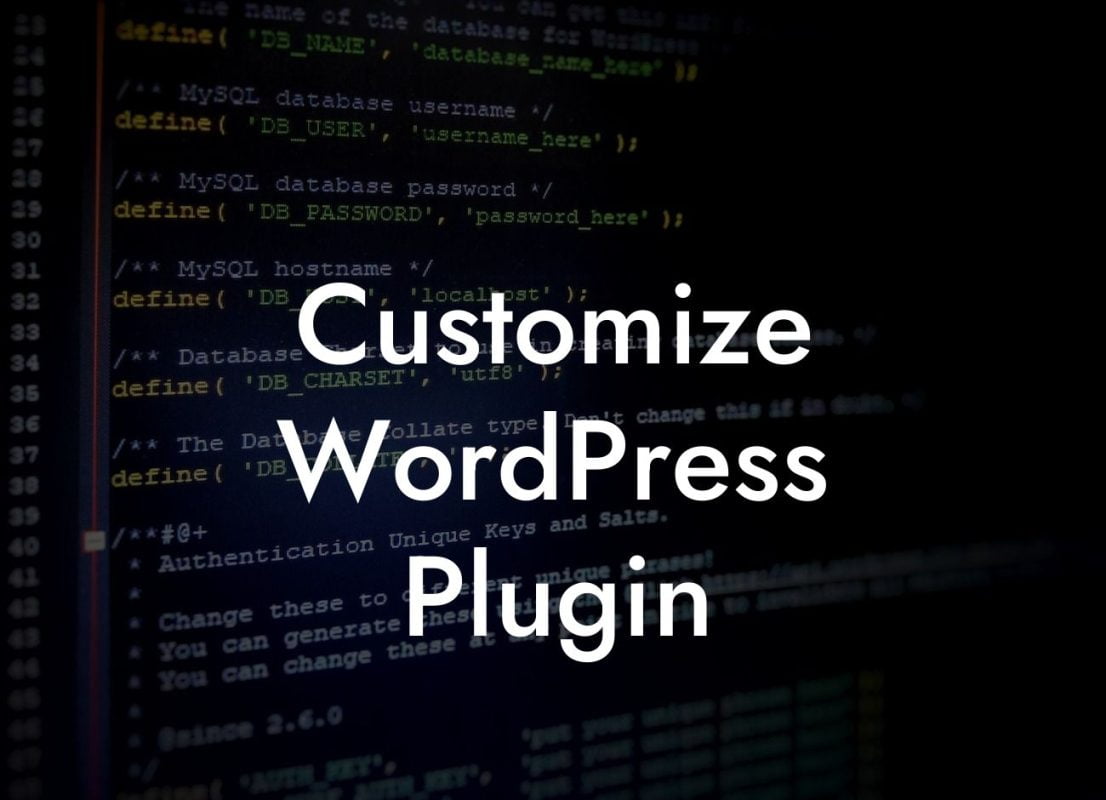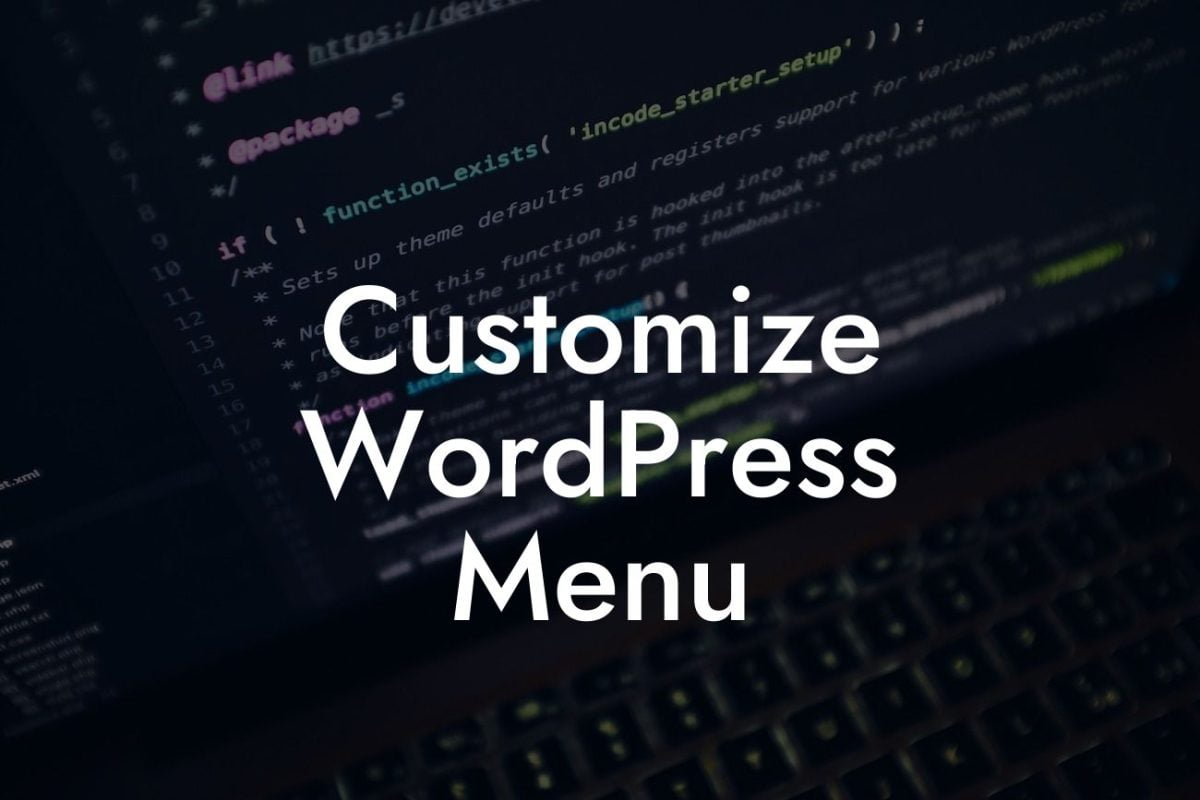In today's digital age, having a strong online presence is crucial for small businesses and entrepreneurs. A WordPress website serves as a powerful tool to showcase your products or services, but have you ever considered taking it a step further? Converting your WordPress website into an app can open up a whole new world of opportunities, allowing you to reach a wider audience and enhance user experience. In this guide, we'll delve into the process of converting your WordPress website into an app, providing you with a detailed roadmap to make the transition seamlessly.
Converting your WordPress website into an app may sound complex, but with the right tools and guidance, it can be a straightforward process. Let’s break it down into simple steps:
1. Define Your App's Purpose:
Before diving into the technical aspects, it's crucial to determine the main purpose of your app. Will it serve as an extension of your existing website or offer additional functionalities? Understanding your app's purpose will help you prioritize features and customize it to cater to your target audience's needs.
2. Choose a Conversion Platform:
Looking For a Custom QuickBook Integration?
Fortunately, there are various conversion platforms available to simplify the process. These platforms allow you to transform your WordPress website into a native app compatible with both iOS and Android. Some popular choices include AppPresser, MobiLoud, and React Native. Research and compare to find the platform that aligns best with your requirements.
3. Install the Conversion Plugin:
Once you've selected a conversion platform, install the corresponding plugin on your WordPress website. This plugin will facilitate the conversion process and ensure a seamless transition. Follow the plugin's instructions to configure it properly and connect it to your website.
4. Customize Your App:
After installing the conversion plugin, it's time to personalize your app. Add your brand's logo, choose a color scheme that aligns with your website, and configure the navigation menu. Customize the app's appearance to maintain consistency with your existing brand identity and provide a seamless user experience.
5. Implement App-Specific Functionalities:
To enhance the app experience, consider implementing app-specific functionalities. These could include push notifications, offline accessibility, in-app purchase options, and social media integration. By providing unique features through your app, you can create a more engaging and interactive experience for your users.
How To Convert Wordpress Website To App Example:
Let's imagine you own an online store selling handmade crafts. By converting your WordPress website into an app, you can offer a convenient shopping experience on mobile devices. Users can browse through your products, view high-resolution images, read customer reviews, and make secure purchases directly from the app. With push notifications enabled, you can also send tailored offers and promotions to your app users, ensuring they stay engaged and informed about your latest products.
Congratulations! You've successfully learned how to convert your WordPress website into an app. By taking this leap, you've expanded your online presence and provided a user-friendly platform for your customers. Explore more guides and resources on DamnWoo to optimize your digital journey even further. Don't forget to try our awesome plugins, crafted exclusively for small businesses and entrepreneurs, to supercharge your success. Share this article with others who may find it valuable and join us in embracing the extraordinary.

